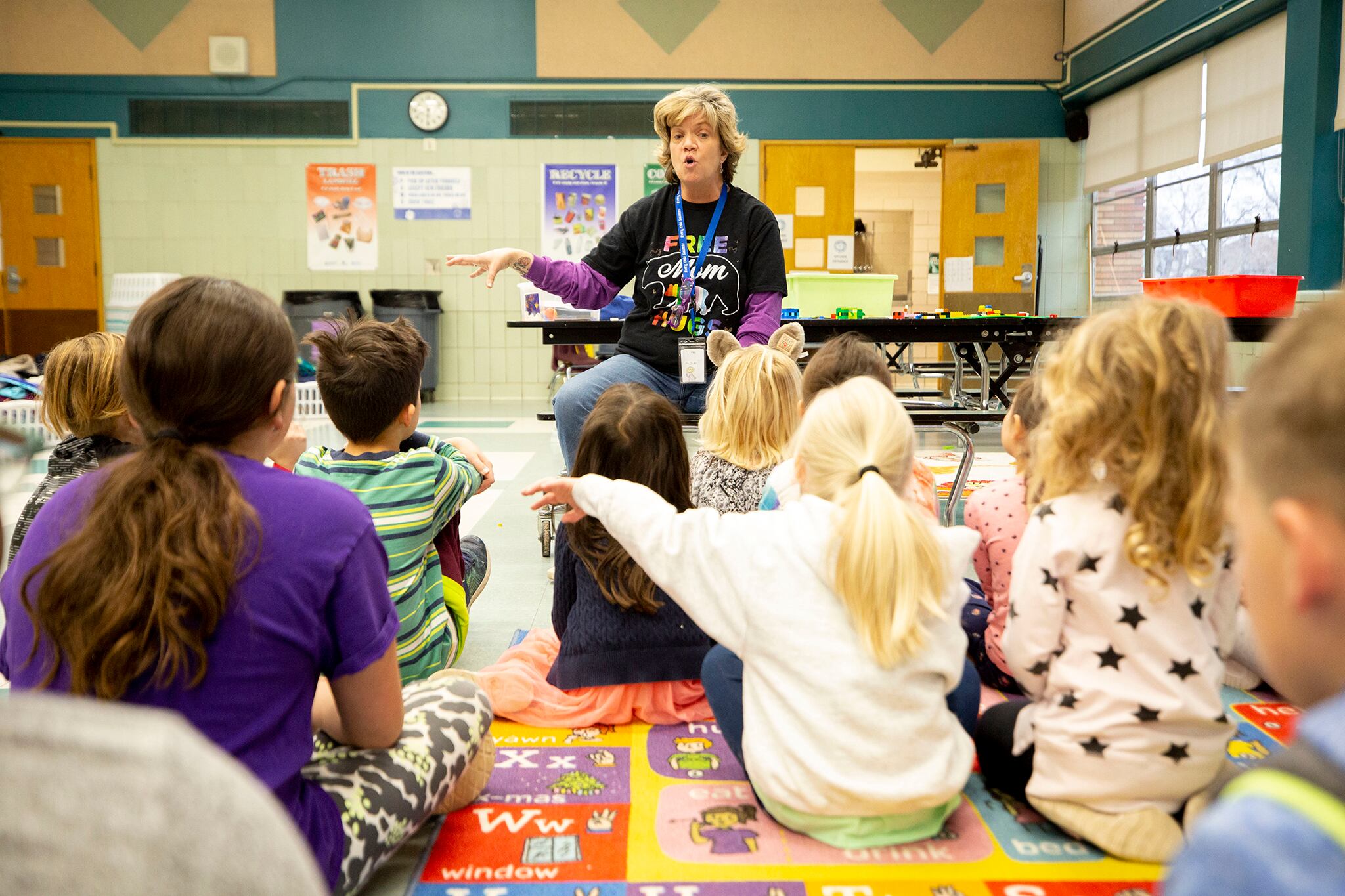
Note: This story is about Denver’s 2020 request. If you’re looking for information on Denver’s 2024 4A ballot measure, read: Ballot measure 4A: $975 million Denver Public Schools bond will be on the November 2024 ballot.
Denver voters will decide whether to earmark tax dollars for schools this November.
They face two questions on the ballot. Measure 4A asks voters to approve a $32 million mill levy override, a type of tax increase. 4B asks voters to approve a $795 million bond.
What would the bond and mill levy override pay for?
In general, bonds pay for one-time expenses like school construction or maintenance. Bond funds can also be used to pay for technology such as computers and tablets. Mill levy overrides can pay for ongoing expenses like staff salaries, software, or programming.
The Denver school board approved a slate of projects and initiatives to be funded. The projects were recommended by a 75-person committee, which prioritized those that would benefit students from low-income families, multilingual students, and students with disabilities.
The projects that would be funded by the $795 million bond issue, 4B, include:
- Installing air conditioning at 24 schools. Currently, 55 of Denver’s more than 150 school buildings lack air conditioning. The committee recommended the 24 schools based on student demographics and indoor temperature studies.
- Renovating or rebuilding the Montbello high school campus in far northeast Denver. The construction would restore a large, comprehensive high school to a neighborhood where most students are Black and Hispanic.
- Upgrading learning environments. This would include replacing outdated equipment, upgrading playgrounds, building new science labs, expanding classroom space for career and technical programs, and other projects.
- Buying land for new schools in the far northeast Gateway neighborhood. The district anticipates additional students from new home construction in that neighborhood.
- Upgrading technology and safety systems. One of the largest investments in this category would expand student access to computers and home internet, the lack of which has impeded virtual learning for low-income families.
The initiatives that would be funded by the $32 million mill levy override, 4A, include:
- Pay raises for teachers and hourly workers, including bus drivers, custodians, and paraprofessionals. The district would also increase its minimum wage.
- Hiring more school nurses. Last school year, only 15% of Denver campuses had a school nurse five days a week, which is concerning during a pandemic.
- Hiring more school staff to tend to students’ mental health. This could include school counselors, psychologists, and social workers. Students need more mental health support in the face of COVID-19 and rising youth gun violence.
- Increasing special education services. More students are requesting one-on-one support from a paraprofessional, and more young students need speech therapy.
How would 4A and 4B affect my tax bill?
If approved, 4A would raise Denver’s property tax rate by 1.55 mills next year. That’s the equivalent of $51 per year on a home valued at $465,000. Denver property owners are already taxed at a rate of 46.7 mills for Denver Public Schools, and 4A would raise that to 48.2.
The tax rate could go even higher if, for example, property values drop and the district can’t raise sufficient funds at the current rate. The ballot measure would allow the district to raise the tax rate by 1 mill per year, up to a total of 4 additional mills.
Measure 4B is not expected to raise the property tax rate next year. That’s because the district can make payments on the bond with revenue generated at the current tax rate.
The 4B bond would raise $795 million. But with interest, the total amount of money Denver taxpayers end up paying will be higher: as much as $1.5 billion, per the language of 4B. If voters reject 4B, the property tax rate would go down.
What are the pros and cons?
Supporters of 4A and 4B — which include all seven members of the Denver school board, the Denver teachers union, and the Denver Democratic Party — say the measures will make Denver schools safer for students physically and emotionally, connect more students to virtual learning during COVID-19, and help pay teachers and other staff a livable wage.
Opponents of 4A and 4B — which include the Denver Republican Party, as well as critics of the district administration — argue, in part, that the district has repeatedly asked voters to raise taxes for schools and should use that funding, along with budget reserves, to address its needs. However, no one submitted a statement for the blue book in opposition to the ballot measures.
Voters last approved tax measures to benefit Denver Public Schools in 2016.





